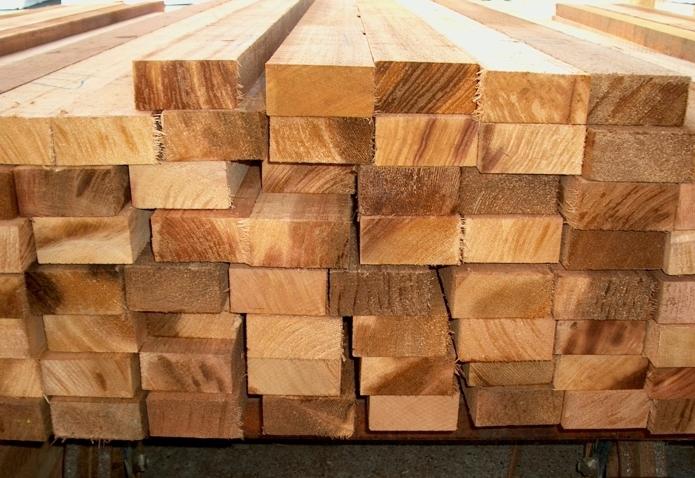In the process of designing any structure, special attention is paid to the calculations of building materials, since the cost of the object will depend on this. The greatest difficulty, especially for non-specialists, is usually the calculation of the cubic capacity of lumber, because they are not sold by weight or individually. The common buyer is often not aware that the cost of lumber is formed taking into account their quality, and here the breed, variety, degree of processing and even length play a role.
What you need to consider when buying lumber?
The quality of lumber is regulated by many GOSTs, regulatory documents and technical conditions with which individual developers, of course, are not familiar. This is what sellers of this category of building materials use. Therefore, even if you manage to correctly calculate the cubic capacity of lumber, it is not a fact that you will buy a quality product, but its quantity will correspond to the one for which you paid money. In order not to get into an unpleasant situation, you need to know the basic rules for measuring the most common types of lumber.
Learning to count correctly

In the woodworking sphere, there are two concepts of a cubic meter - dense and folding. Prices of lumber in the price lists are indicated for a tight cubic meter, but unscrupulous sellers can sell lumber with folding cubic meters, in which case you will have to pay part of the money for air. To prevent this from happening, folding cubic meters should be converted into dense cubic meters. The current standards provide for sorting the slab into two categories, based on its length, up to 2 m and over 2 m. The slab is stacked by alternating thick and thin ends, as well as the slab surface. Laying should be as tight as possible. Stacks should have the same height and right angles. Multiplying the length, width and height of the stack, we obtain a folding cubature. Now it must be converted into a dense cubature. Although the calculation will be approximate, it will still help establish the true volume of lumber. Approximately it looks like this: folding / tight = 1.3 / 1 m 3 .
Calculation of cubic bar
It is much easier to calculate the cubature of a cut board or timber, since these types of lumber have clear shapes, so they are packed tightly in packages, and 1 cubic meter corresponds to its value. These materials need to measure the length, height and width - this will be the volume of one unit, by calculating which, you can already easily calculate the cubic capacity of lumber needed for purchase. To do this, the result should be multiplied by the required number of elements. Naturally, this formula will only be valid provided that each unit of material has the same linear dimensions.
Calculation of cubic capacity of roundwood
It is more difficult to calculate the roundwood cubature - here you cannot do with a tape measure and a calculator, therefore, such calculations are performed using special tables or software products. Since logs may vary in size, each individual element must be measured. So, the calculation of the cubic capacity of lumber of this type is as follows: the length of the log and its diameter are measured on the side where it is smaller. The data obtained is entered into a special electronic calculator or searched in the table. The result is the volume of one log.